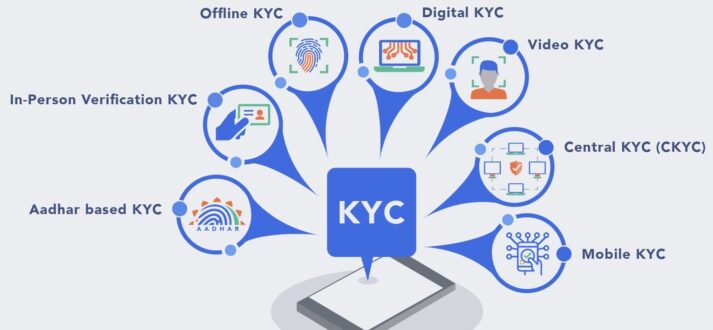KYC has come a long way from its inception, evolving alongside technological advancements. Initially, KYC processes were manual and time-consuming. However, with the integration of digital solutions, the top 10 KYC platforms now offer streamlined and efficient methods for identity verification, keeping pace with the ever-changing landscape of business.
Key Components of KYC Platforms
A successful KYC process involves gathering various types of customer information, including personal identification details, address verification, biometric data, and conducting risk assessments. These components collectively contribute to a robust and reliable top 10 KYC platforms framework, ensuring a thorough understanding of the customer’s identity and potential risks.
Regulatory Compliance
The global business environment is subject to stringent regulations, and adherence to these regulations is crucial for every enterprise. KYC platforms play a vital role in helping businesses stay compliant by automating the compliance process and providing up-to-date information on regulatory changes.
KYC Platforms vs. Manual KYC
Comparing KYC platforms to manual KYC processes highlights the efficiency and accuracy gains that automated solutions bring. The time and resource savings achieved through KYC platforms make them a practical choice for businesses of all sizes.

Popular KYC Platforms in the Market
A variety of KYC platforms are available in the market, each with its unique features and functionalities. Understanding the differences between these platforms is crucial for businesses looking to invest in a solution that aligns with their specific needs.
Choosing the Right KYC Platform for Your Business
The selection of a KYC platform requires careful consideration of various factors, including the scale of operations, the nature of the business, and customization options. Choosing the right platform ensures a seamless integration that meets the specific requirements of the enterprise.
Future Trends in KYC Technology
Looking ahead, the future of KYC technology involves the integration of artificial intelligence and machine learning applications. Continuous monitoring and updates will become standard features, ensuring that businesses stay ahead of emerging risks and compliance requirements.
Tips for a Smooth KYC Integration
Smooth integration of KYC platforms requires more than just technological solutions. Employee training, regular updates, and periodic audits are essential elements for ensuring that the KYC process remains effective and aligned with evolving business needs.
Customer Feedback and Satisfaction
The user experience in KYC platforms is a critical aspect that directly impacts customer satisfaction. Establishing effective feedback mechanisms ensures that businesses can continuously improve their KYC processes, providing a seamless experience for their clients.


